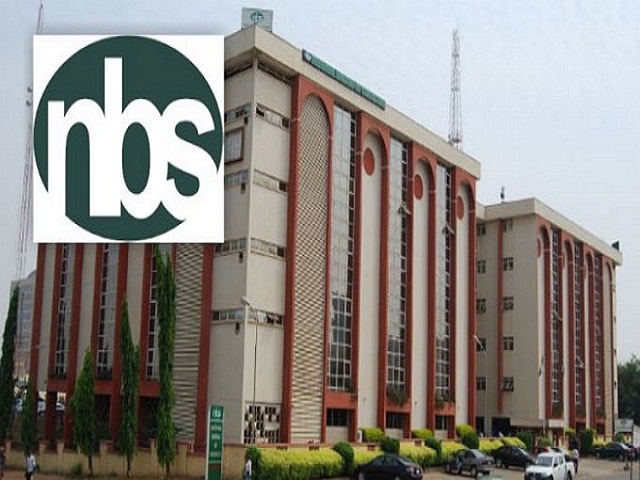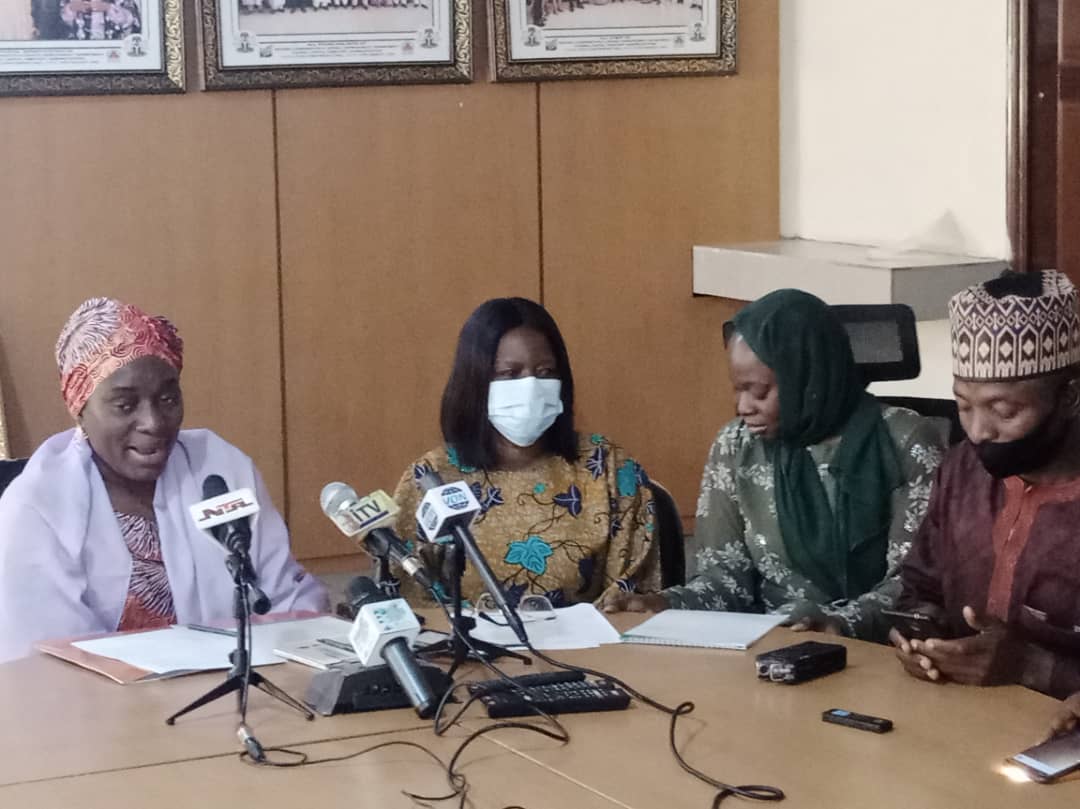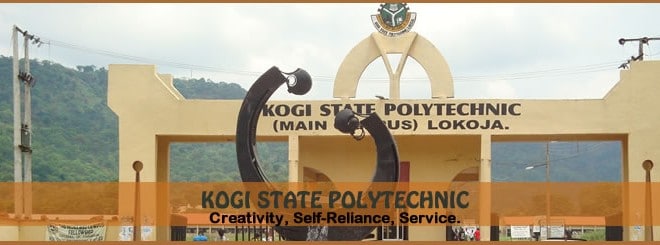By Adefolarin A. Olamilekan
The beginning of 21st century witness a rising tide in globalization. Courtesy of the four significant mechanism that made it possible via financial capital, technology innovation, human capital development and global peace promotion.
Exclusively, technology innovation birthed the penetrating forces behind Information and Communication Technology (ICT). That ensure a seamless embracement of globalization, and its economic enthronement. Although, this pieces is not about globalization, we reemphasize and acknowledge it strong effects delivered through ICT matrix. Again, globalization as it own criticism, especially in regard to third world countries economic successes.
Convincingly, the route of Information and Communication Technology (ICT) impact global economy. Granting the current century as information technology revolution phenomenon’s.
In reference and contrast to previous revolutionary age witnessed; Stone Age, Slave Epoch, Agricultural and Steaming Engine Industrialization.
Instructively, ICT revolution brought about cutting edge article’s raging from; satellite, internet,mobile phone, Fin-Tech,spectrum broadband, wireless penetration,virtual work station, and emerging Artificial Intelligence (AI).Without doubt this are link’s through which ICT shaped and reshaped global economic activities.
Significantly by disrupting status quo and reestablishing new ones. Arguably, human society have come to reckoned with ICT, as the world we live today, is on the beacon of ICT matrix.
Critically, a modest history of ICT penetration in Nigeria dated back to the pre 2000 millennium’s. Emphatically with government seriousness in ensuring every Nigerian household’s acquired the table phones in the 1970s.
Beyond that, trends in government policy fiat came through in early 2000s with mobile telephones licenses and other sectoral approach framework. Interestingly, ICT in Nigeria gain momentum in road as economic progression determinant since then.
That why today breaking news never seized to be heard about the manner ICT impact the health of the nations Gross Domestic Product (GDP).
In fact, the Nigeria GDP that is approximately value over $500billion US Dollar. With oil and gas industry having the larger share, and dominating every other industries.
Draw government attention over the years to target a shift from the petrol dollar rentier economy with less real growth and appreciable development.
However, deliberate refocusing on the non oil sector, rejuvenate the entire economy. That ICT is steering the ship toward that government ambitious of economic diversification.
Consequently, a recently outstanding performance of the ICT in the Nigeria economy was published by the National Bureau of Statistics (NBS).
According to the NBS the ” ICT services have contributed N2.508 trillion to Nigeria’s GDP in the first quarter of 2023″. We can relate this to how activities in the ICT sector contributed 16.22% to Nigeria’s real Gross Domestic Product (GDP) in Q4 2022.
Simply, on a year-on-year basis, the sector growth rate increased by 10.72 percent in 2022, higher than the 7.28 reported in 2021.
For instance ending 2022, contribution of the Nigerian ICT sector to the Gross Domestic Product (GDP) grew by 9.76 percent in 2022 from 6.55 percent against statistics reported in 2021.
Again, the 2022 full-year GDP report released by the NBS, show the ICT sector contributed 16.51 percent to the overall GDP, and that of 2021 stood at 15.51%.
Succinctly, this is a rated performance from the sector compared to previous statistics on the sector.
Understandably, NBS arriving at this statistics involved the calculations of 46 distinct sectors of the economy, which constitute oil and gas, ICT,manufacturing, banking,insurance,real estate,construction, transportation and other services baskets.
Meanwhile, the ICT sector in Nigeria entails the following;Telecommunications and Information Services, Publishing, Motion Picture, Sound Recording, Music Production; and Broadcasting.
However, a lots factors are said to be responsible for this impressive outing of the ICT contributions to the Nigerian GDP.
Data from Nigerian Communication Commission (NCC), revealed the number of phone subscribers in Nigeria as at April 2023 stood at 223.6 million
This is also followed by the number of Internet subscribers for the same period 157 million, while broadband subscriptions stood at 92 million.
Yet still, other deliberate effort by the government and stakeholders in private sector transition to online engagement. Worth mentioning is Central Bank of Nigeria (CBN) cashless policy economy,and emerging embraced of Fin-Tech services by individuals and organisation along side the use of USSD, mobile and internet banking.
We can both mentioned the revenue generated by Federal government 820.8 million dollars for the from 5G spectrum licences from three operators, MTN, MAFAB and Airtel, within the period under review.
More so that FDI is bringing in capital importation in the ICT sector, added to the growth in the Nigerian economy. With the likes of Elon Musk-owned SpaceX having it issuance of licence for satellite-based wireless broadband service.
ICT in Nigeria indeed show a positive outlook, which is credited to the innovative and predictable telecoms regulatory environment and others. Although, the sector still has it own challenges, particularly on interior areas penetration and multiple taxation complains.
Nonetheless, the federal government to increase the contribution of the ICT sector to GDP via a five-year plan, all hands must be on deck where the government priorities what is necessary to achieve the set goal by the end of the year 2025.
On the long run, Nigerian ICT matrix reason for the GDP growth, and still counting.







